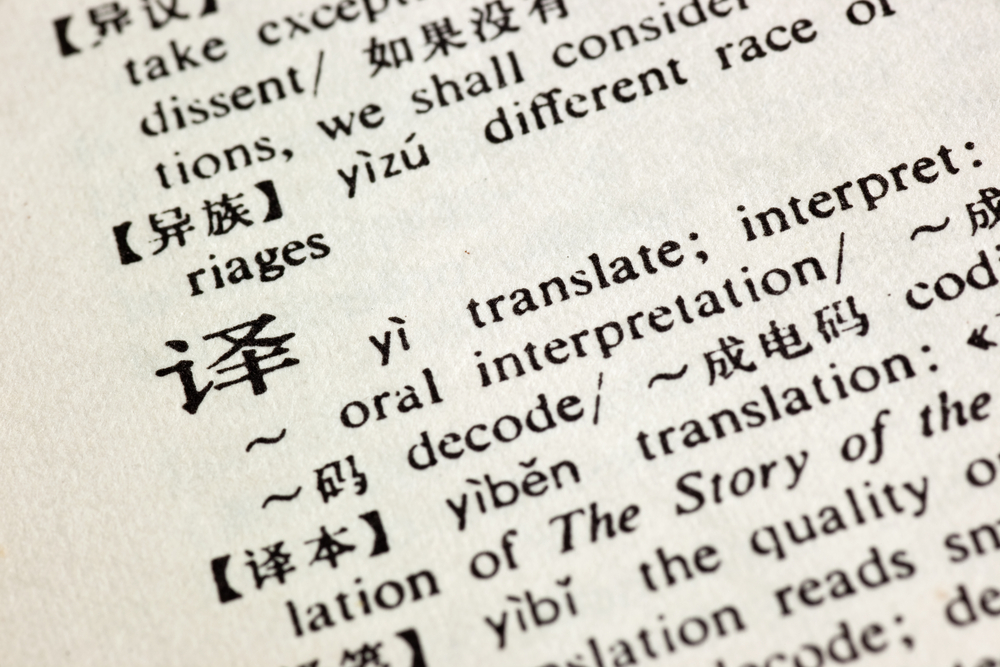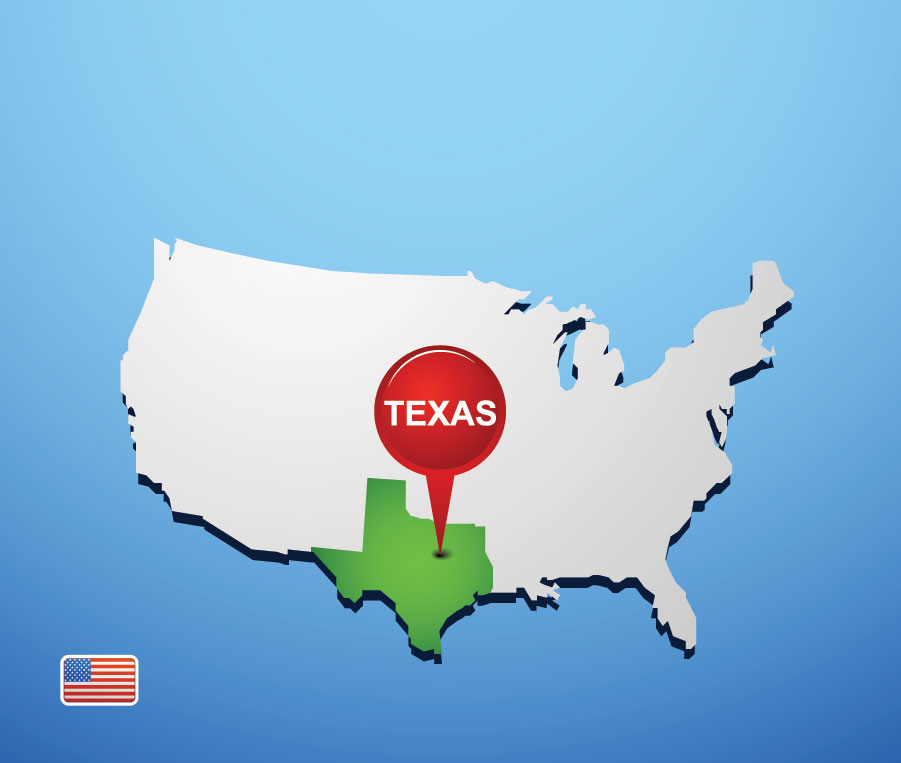As President Obama and Chinese President Xi Jinping prepare for a summit this week in Rancho Mirage, California, the rhetoric over China’s alleged plundering of American government and corporate secrets might lead you to think that the country is lawless when it comes to the theft of trade secrets inside its own borders.
You would be mistaken. China has intricate layers of trade secret laws and government agencies that deal with them. This body of law flows from its statutes, including its 20 year-old “Anti-Unfair Competition Law of China,” its regulations such as its “Certain Provisions on the Prohibition of Misappropriation of Trade Secrets,” and its courts. What China lacks are formal discovery tools and effective remedies for misappropriation.
All of this can make China a complex place in which to operate for a company trying to protect its trade secrets. Start getting up to speed with our primer on China’s trade secret laws, available here.











